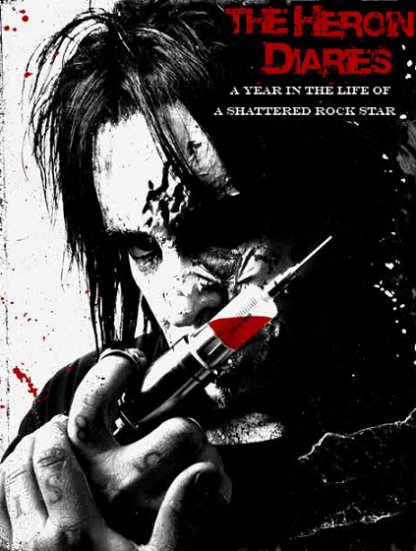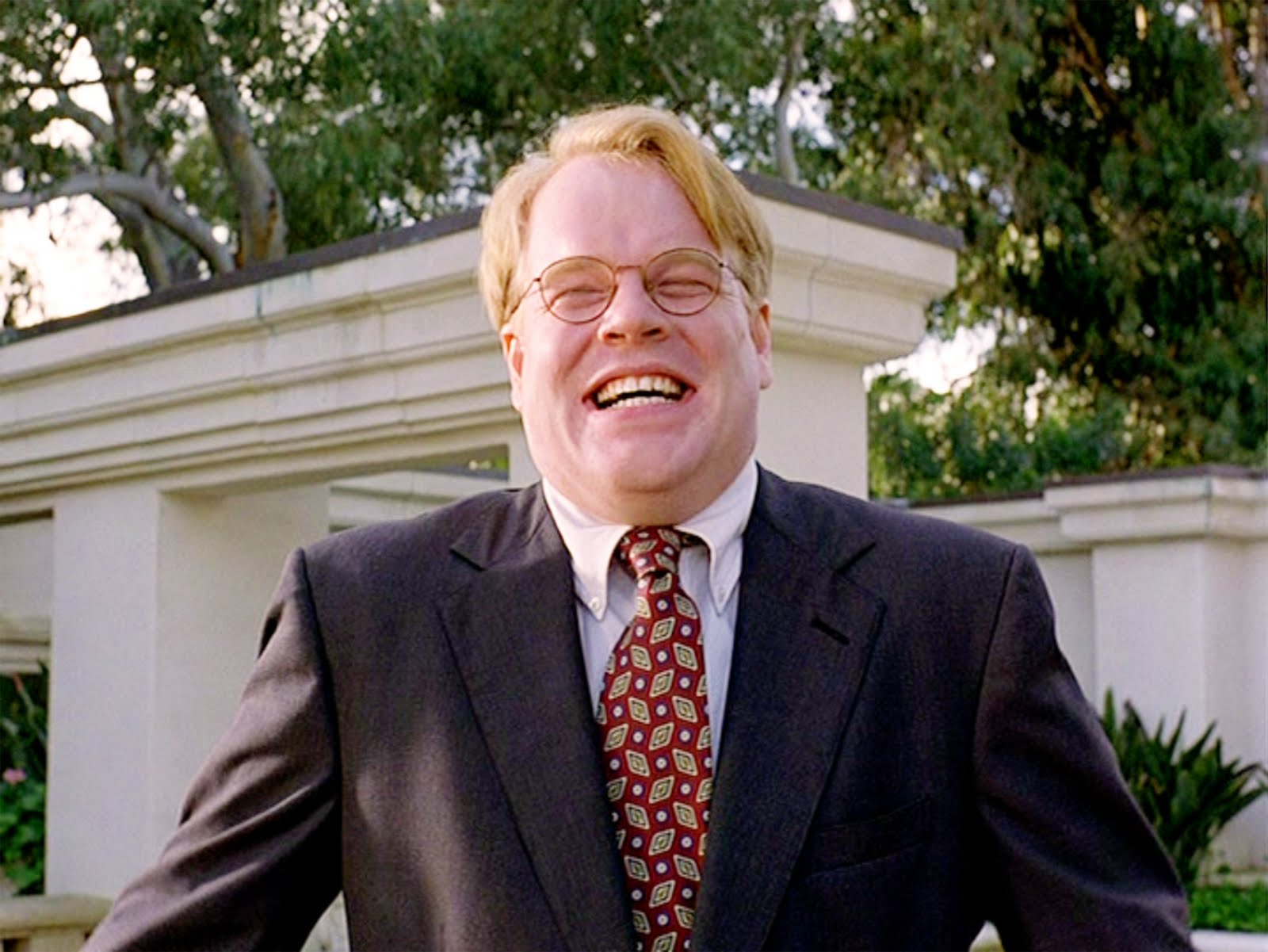Mötley Crüe and Sixx AM bassist Nikki Sixx has always been a hero of mine, largely because of the raw honesty he displays when writing about his addictions. Yesterday on his radio show, he discussed the death of actor Philip Seymour Hoffman.
Mood music:
http://youtu.be/7CHHoDDTJdU
The hardest thing for Sixx to swallow is that Hoffman was clean and sober for more than 20 years before he relapsed. Sixx has been sober since 2001. Before that, he had slipped on drugs several times after having been clean for a few years.
I’m sure it also wasn’t easy to hear that Hoffman died with a needle still in his arm. Sixx was fortunate enough to wake up with the needle in his arm in 1987, when he finally decided he couldn’t take it anymore.
Indeed, Hoffman’s death has generated a lot of discussion. Yesterday I wrote about how addiction was a disease that many people don’t understand.
Yet I don’t believe addicts should be blithely excused for every failure because they have this monkey on their back.
Actions have consequences. Hoffman leaves behind three kids who needed him and an army of people who were heavily invested in him. People have a right to be angry about that.
Sometimes we’re so beaten down that we’re no longer in our right mind. That’s when we make sorry, costly choices. And as anyone who has cleaned up after addiction knows, the only right path is the one where personal responsibility is everything.
Addicts shouldn’t get a free pass. It’s quite the opposite, really. If you can’t be real with yourself about your demons, you’re doomed to make bad choices, including the deadly ones.
But as I said yesterday, we also need to understand that this is a battle. No matter how strong you are, it only takes a second to let your guard down. That’s when the fatal bullet hits you between the eyes.


